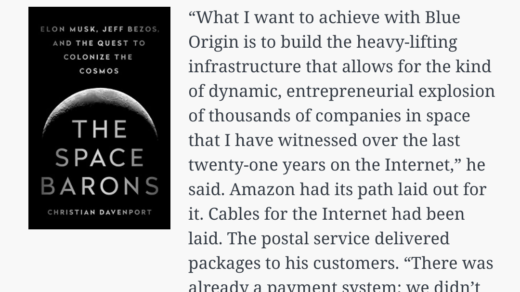Matt Ridley, The evolution of everything: How New Ideas Emerge
The foremost anthropologists of cultural evolution, Joe Henrich, Rob Boyd and Pete Richerson, have argued in an influential paper called ‘The Puzzle of Monogamous Marriage’ that the spread of monogamy in the modern world can best be explained by its beneficial effects on society. That is to say, not that clever men sat around a table and decided upon a policy of monogamy in order to bring peace and cohesion, but more likely that it was a case of cultural evolution by Darwinian means. Societies that chose ‘normative monogamy’, or an insistence upon sex within exclusive marriage, tended to tame their young men, improve social cohesion, balance the sex ratio, reduce the crime rate, and encourage men to work rather than fight. This made such societies more productive and less destructive, so they tended to expand at the expense of other societies. That, the three anthropologists think, explains the triumph of monogamy, which reaches its apogee in the perfect nuclear family of 1950s America, with Dad going out to work and Mom at home cleaning, cooking and looking after the kids.
I really found the above passage from this book really interesting. It talks about how “monogamy” as a concept could have evolved and societies that practiced could have been a result of evolution. In general, Ridley takes a rather pessimistic view to central planning and speaks a lot about how the best things are result of decentralized, bottom-up evolution.
I don’t disagree with his general sentiment. After all, many top-down approaches tend to allow for perverse incentives, and sometimes do not have the flexibility to deal with issues on the ground. Many well intended approaches, from either top management or from the government can lead to inefficiencies and solutions that outright do not make sense at a lower level. Evolution does make sense.
Taking it too far and leaving everything to a decentralized approach may also lead to sub-optimal outcomes. Economies such as South Korea and Singapore have benefited from government intervention in its development that have led them to be the modern first-world countries that we see them today.
A lot comes down to wisdom, and being able to adapt to feedback from the “bottom”. Taking a dogmatic approach to things only keeps you close-minded.


